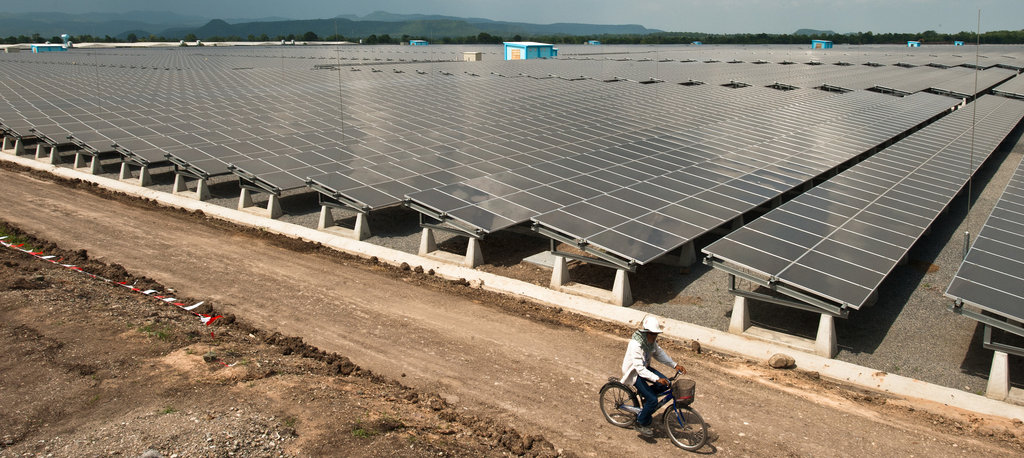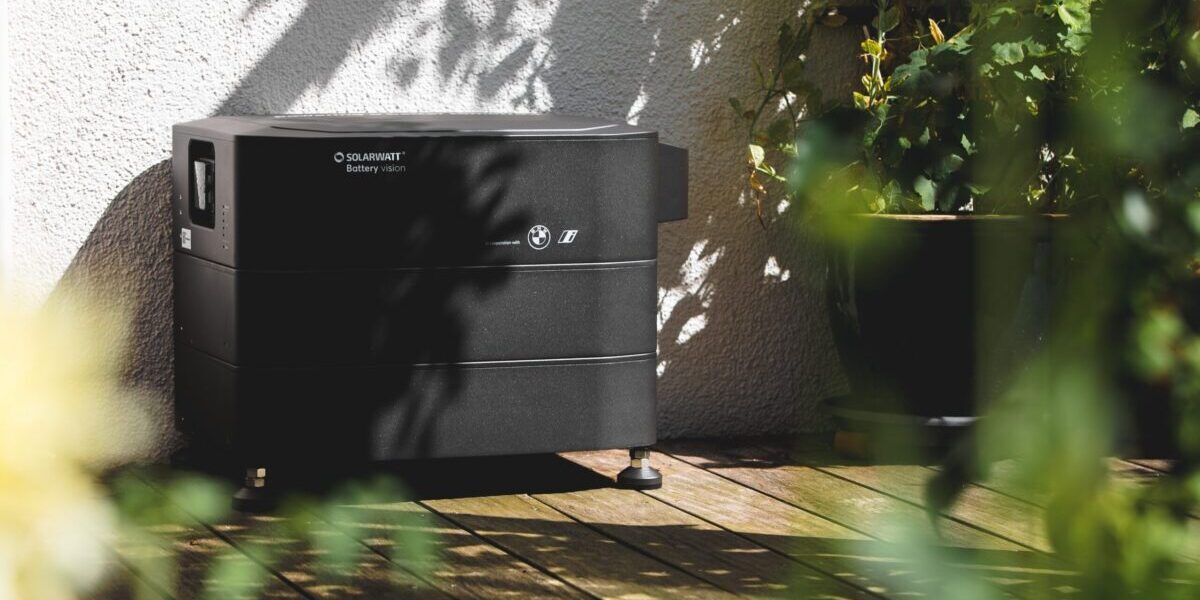Recent discussions on the future of clean energy have been clouded by incoming U.S. President Trump’s threats to pull the country out of the Paris Climate Agreement. Analysts at Frost & Sullivan state that while this could create challenges for the industry, substantial investments will continue to be driven by China and India.
“We expect 2017 to be a transition year for long term changes. With rising protectionism across the world, the issue of energy security will once again come to the fore in Asia Pacific,” says Ravi Krishnaswamy, Vice President Energy & Environment for Asia Pacific at Frost Sullivan. “This will accelerate adoption of clean technologies which can be harnessed locally and are less impacted by global policy and price fluctuations.”
The report says that solar PV will be at the forefront of around 18% growth in renewables across Asia and the Pacific for 2017. Despite many countries planning to reduce feed in tariff rates, growth will be driven by distributed energy – the Asia Pacific market is expected to surpass US$18 billion this year.
Several government initiatives are turning to renewables, combined with improvements and automation of grids, and in many cases the establishment of micro grids to improve access to energy.
2017 will also be a turning point for storage in the region, say Frost & Sullivan. China has made storage a key part of its 13th five year plan, with the world’s largest microgrid PV plant featuring storage connected back in October. Innovative storage applications are also popping up in other parts of the continent, AES and Mitsubishi announced the first utility scale storage project in India just last week.
This content is protected by copyright and may not be reused. If you want to cooperate with us and would like to reuse some of our content, please contact: editors@pv-magazine.com.




By submitting this form you agree to pv magazine using your data for the purposes of publishing your comment.
Your personal data will only be disclosed or otherwise transmitted to third parties for the purposes of spam filtering or if this is necessary for technical maintenance of the website. Any other transfer to third parties will not take place unless this is justified on the basis of applicable data protection regulations or if pv magazine is legally obliged to do so.
You may revoke this consent at any time with effect for the future, in which case your personal data will be deleted immediately. Otherwise, your data will be deleted if pv magazine has processed your request or the purpose of data storage is fulfilled.
Further information on data privacy can be found in our Data Protection Policy.